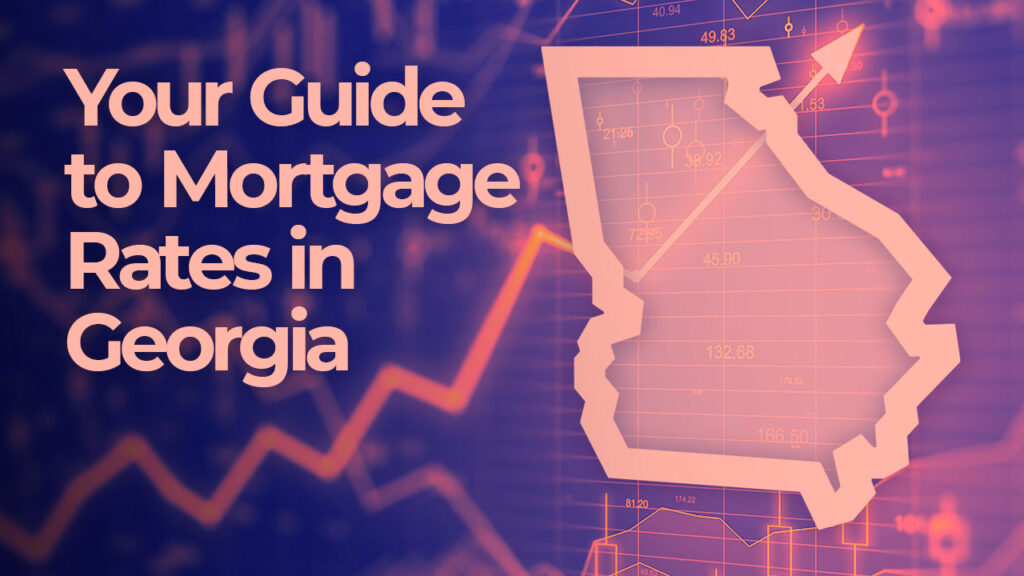Securing a small loan can be a lifesaver for various needs, from unexpected car repairs to home improvements. However, navigating the world of lenders can be daunting. This guide will help you find the best small loan lenders in the USA, ensuring you get the right loan at the best possible terms.
Understanding Your Needs
Before you start your search, take time to understand your financial situation and the purpose of the loan. How much money do you need? What is your credit score? Knowing these factors will guide your lender selection process. A credit check can help clarify this.
Types of Small Loans
Several types of small loans cater to different needs. These include payday loans, personal loans, installment loans, and title loans. Each has its advantages and disadvantages. Learn more about the differences to choose the best option for you.
Checking Your Credit Score
Your credit score significantly impacts the interest rates and loan terms you qualify for. Check your credit report from one of the three major bureaus (Equifax, Experian, and TransUnion) before you apply for a loan. This helps you understand your standing and what to expect. 
Online Lenders vs. Brick-and-Mortar
Online lenders offer convenience and often wider selection. Brick-and-mortar lenders provide a more personal touch and may have additional services. The best option depends on your preference and needs. Compare online vs. brick-and-mortar lenders here.
Interest Rates and Fees
Always compare interest rates and fees across different lenders. High interest rates can significantly increase the overall cost of the loan. Look for transparent fee structures to avoid hidden costs. 
Loan Terms and Repayment Options
Understand the loan terms, including the repayment period and the monthly payment amount. Choose a repayment plan that aligns with your budget and financial capabilities. Consider budgeting tools to help plan your repayments.
Reputation and Customer Reviews
Research the reputation of potential lenders. Check online reviews and ratings from previous borrowers to gauge their experiences. Look for lenders with positive feedback and a track record of providing excellent customer service.
Licensing and Regulations
Ensure that the lender is properly licensed and regulated in your state. This protects you from fraudulent or predatory lending practices. Check your state’s financial regulatory website for details.
Security and Data Privacy
Prioritize lenders who prioritize security and data privacy. Look for lenders with robust security measures to protect your sensitive personal and financial information. Read their privacy policies carefully.
Pre-qualification and Application Process
Many lenders offer a pre-qualification process that allows you to check your eligibility without impacting your credit score. This can save you time by eliminating lenders you are unlikely to qualify for. 
Comparing Loan Offers
Once you have several loan offers, compare them side-by-side based on interest rates, fees, repayment terms, and other factors. This will help you identify the best deal for your needs.
Negotiating Loan Terms
Don’t hesitate to negotiate loan terms with the lender, especially if you have a good credit score or other favorable financial circumstances. You may be able to secure a lower interest rate or more favorable repayment terms.
Understanding APR
Pay close attention to the Annual Percentage Rate (APR), which reflects the total cost of borrowing, including interest and fees. A lower APR indicates a less expensive loan. Learn more about APR here.
Avoiding Predatory Lenders
Be wary of lenders who offer excessively high interest rates, hidden fees, or aggressive collection practices. These are signs of predatory lending, which can trap borrowers in a cycle of debt.
Reading the Fine Print
Carefully review all loan documents before signing any agreements. Understand all terms and conditions to avoid any surprises or misunderstandings.
Building a Strong Financial Foundation
The best way to prepare for needing a small loan is to build a strong financial foundation. This includes creating a budget, managing debt responsibly, and improving your credit score. 
Conclusion
Finding the best small loan lender involves careful research, comparison, and understanding your own financial situation. By following these steps, you can increase your chances of securing a loan with favorable terms and avoid falling victim to predatory lending practices.
Frequently Asked Questions
What is the best type of small loan for me? The best type of small loan depends on your individual needs and financial circumstances. Consider factors such as the amount you need, your credit score, and the repayment period you can comfortably manage.
How can I improve my chances of getting approved for a loan? Improving your credit score, providing accurate information, and having a stable income can all increase your chances of loan approval.
What should I do if I can’t repay my loan? If you’re struggling to repay your loan, contact your lender immediately to discuss possible options, such as a repayment plan or other forms of financial assistance.
What are the risks of taking out a small loan? The main risks are high interest rates, fees, and potential damage to your credit score if you fail to make payments. Choose your lender carefully.
Where can I get free credit counseling? You can find free or low-cost credit counseling through non-profit organizations like the National Foundation for Credit Counseling (NFCC).


